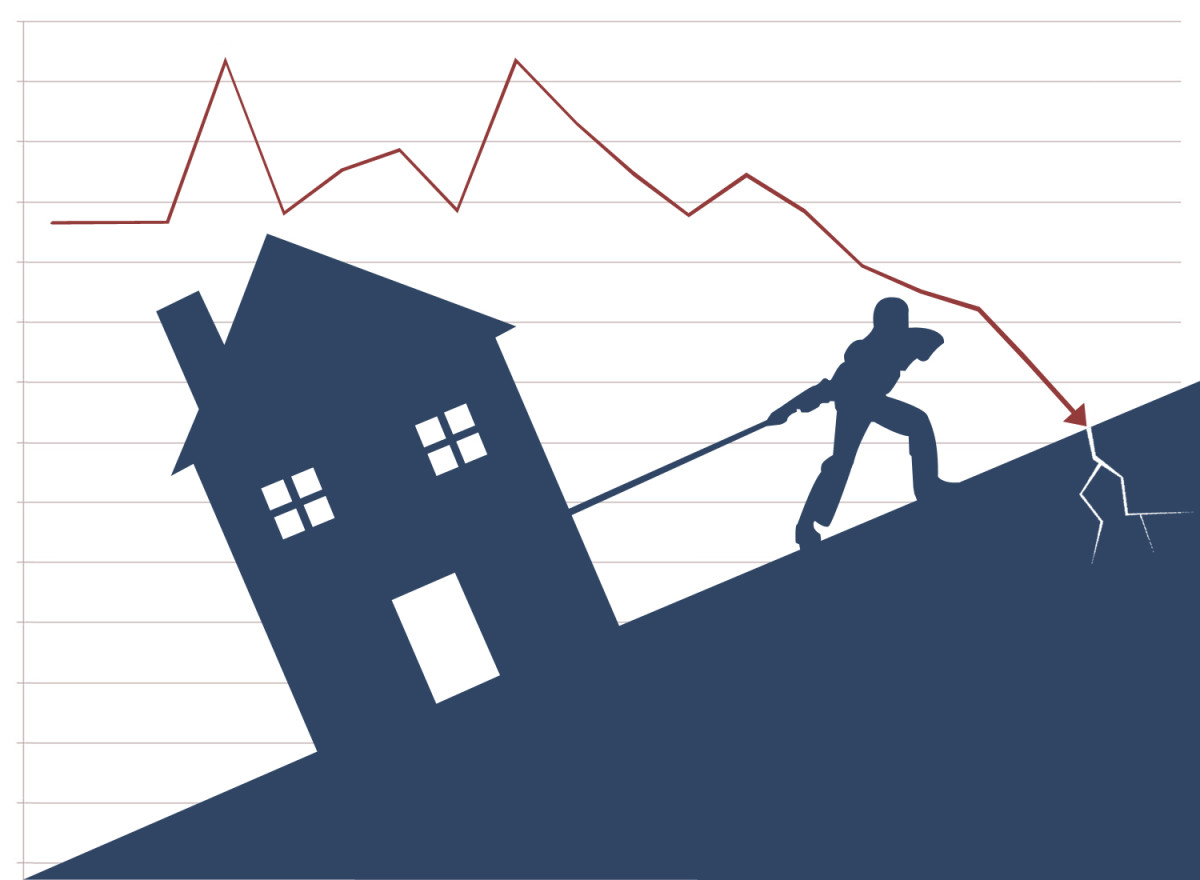Starting from the end of 2016 to the entire 2017 Indian real estate industry had witnessed some significant policy changes and reforms. These have changed the face of the industry and will set to benefit the industry in long-run with global-scale performance. With the transparent transaction process and better accountability, the sector is expected to increase investment opportunity riding on better consumer confidence and strict transactional security.
The reforms began with an abrupt demonetization announcement of the PM. As soon as the announcement was aired, all the higher currency notes (500 and 1000) have been wiped out of the market. Among the other major sectors, real estate was the worst affected sector as a large number of real estate transactions used to get performed in cash. This is one major reason why the sector had been largely criticized as the haven space of black money parking.
Then the elephant arrived in the room, the Real Estate (Regulation and Development) Act 2016 (RERA). This is supposed to be the biggest reformation Act, exclusively formed for controlling the real estate business process. The Act came into effect from May 1, 2017. Being a consumer-centric Act, RERA promises to minimize project delivery delays, abrogate fly-by-night developers and agents and provide home buyers with the detailed information about the project features and progress of the projects they have invested in.

RERA was followed by the introduction of the goods and services tax (GST) which a unified tax that subsumed all the 12 existing indirect taxes into one. Until then, both the developers and the consumers had to pay multiple and often varying taxes which caused confusion. GST brings clarity to the transactional process. With input tax credit benefit to the developers, it has reduced the cost of construction as well.
The sector will also benefit from the amendment of the Benami Transactions Prohibition Act. It aims to prohibit the black money circulation in real estate. Along with which the central government is aiming to make Aadhaar linkage compulsory for all property transactions for keeping the sector free from the unaccounted inflow.
The affordable housing scheme of PMAY also looks promising. Named as “Housing for All by 2022” a successful execution of this programme is projected to contribute $1.3 trillion to the Indian economy in the coming time. The affordable housing program is till date the biggest government incentivized housing sector and it will generate a large volume of employment along with the construction progress. All these new policies, if implemented well then will return the biggest ever revolution in the sector.
“One of the most important features of this revived realty market is top-of-the-line investment security for the homebuyers which will boost the market sentiment and inflow respectively. Real estate industry will be reaping benefits of the reform-driven environment and several positive institutional drives. It’s expected that the improved investment flow will return healthy gains to the stakeholders as well,”- said Mr. Mahesh Somani, National RERA Committee, Head- East Zone, National Association of Realtors India (NAR).
–LNN (Liyans News Network) – Complete GST waiver on selected luxury apartments. Invest in on-hand luxury residential property in north Kolkata. Explore all the on-hand and upcoming projects in north Kolkata. Explore available 2/3/4bhk hi-end apartments in multiple locations.




